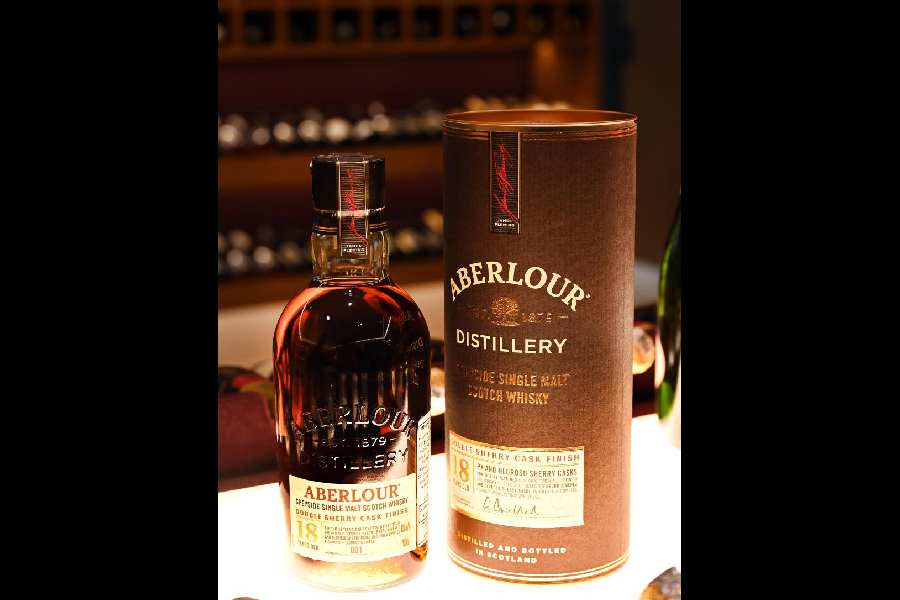When Chris Swonger, a leader in the US spirits industry, heard that President Donald Trump would be visiting his golf course in Aberdeenshire, Scotland, this summer he knew he needed to be there, too. He had a seemingly counterintuitive request: zero tariffs on Scotch whisky imported into the US.
For American whisky producers, dominated by Kentucky’s bourbon industry, the prospect of higher prices for Scotch caused by tariffs has not been seen as an opportunity to edge out competition. The whisky business has an interconnected, Atlantic-spanning relationship, they say, and both sides stand to lose.
“Our industry has thrived because we are so closely intertwined together,” said Swonger, the head of the Distilled Spirits Council of the US. The tariffs on British spirits “would be detrimental to the US economy and be detrimental to US consumers”, he added.
In recent months, Trump has pushed to rewrite global trade and impose tariffs that he expects will raise trillions of dollars in revenue and increase American jobs. But some industries fear that the levies will lead to job losses, as tariffs unravel a complex web of supply chains, which economists expect to slow US economic growth.
Popular products from Britain and the European Union show how uneven and unpredictable US tariffs have become. In May, Britain became the first country to announce a trade agreement with the US, which lowered tariffs on British cars and airplane parts. But Trump kept an additional 10 per cent tariff on almost all other imports. Efforts to rewrite that deal and push tariffs lower have intensified ahead of Trump’s state visit to Britain this week.
Each year, Scotch makers export 90 per cent of their product, and their biggest market is the US. But if the 10 per cent tariffs persist, the US will lose 3,300 jobs, and the US hospitality industry would lose $300 million, according to the distilled spirits council.
“It’ll impact distributors and retailers and bartenders and, ultimately, the consumer,” Swonger said. And so his organisation, as well as the Kentucky Distillers’ Association, is lobbying American officials daily to tweak the deal with Britain.
Scottish officials are also pressing the government in London to pitch Trump and his officials for a carve-out. Though Trump has said the deal is “done”, the whisky industry is optimistic that it’s not entirely settled.
Many of the largest liquor companies own distilleries in the US and Scotland, such as the Kentucky group Brown-Forman. Diageo, the London spirits giant that owns Bulleit bourbon and Johnnie Walker Scotch, said tariffs would cost it $200 million a year.
But the interconnected nature of the whisky industry can be seen most clearly in the barrels. Bourbon has to be made in new American oak barrels. Afterwards, those used barrels are shipped to Scotland to age Scotch.
For American distilleries, it’s an important trade: Rather than having to spend money destroying the barrels, they make money selling them. Scottish producers buy about $300 million in old bourbon casks a year, according to the Scotch Whisky Association.
The tariffs are another blow to an industry that’s already suffering a downturn, he said. People are drinking less, in part because of general economic anxiety or widespread health warnings.
New York Times News Service










